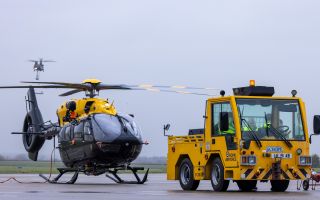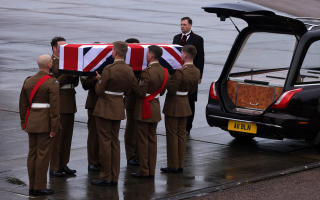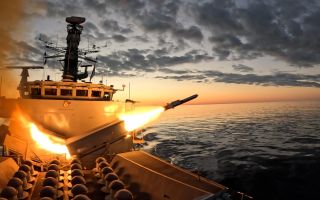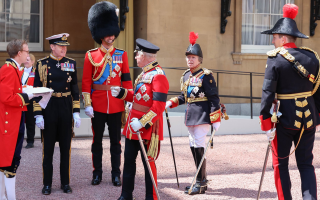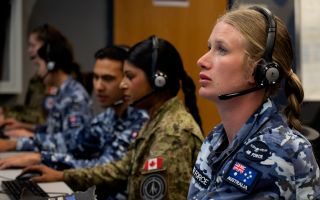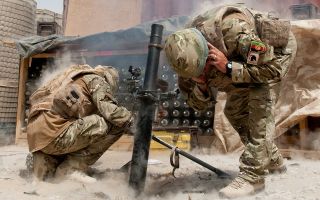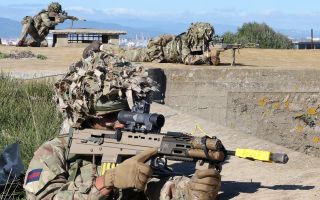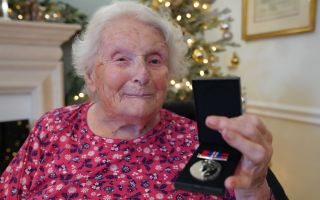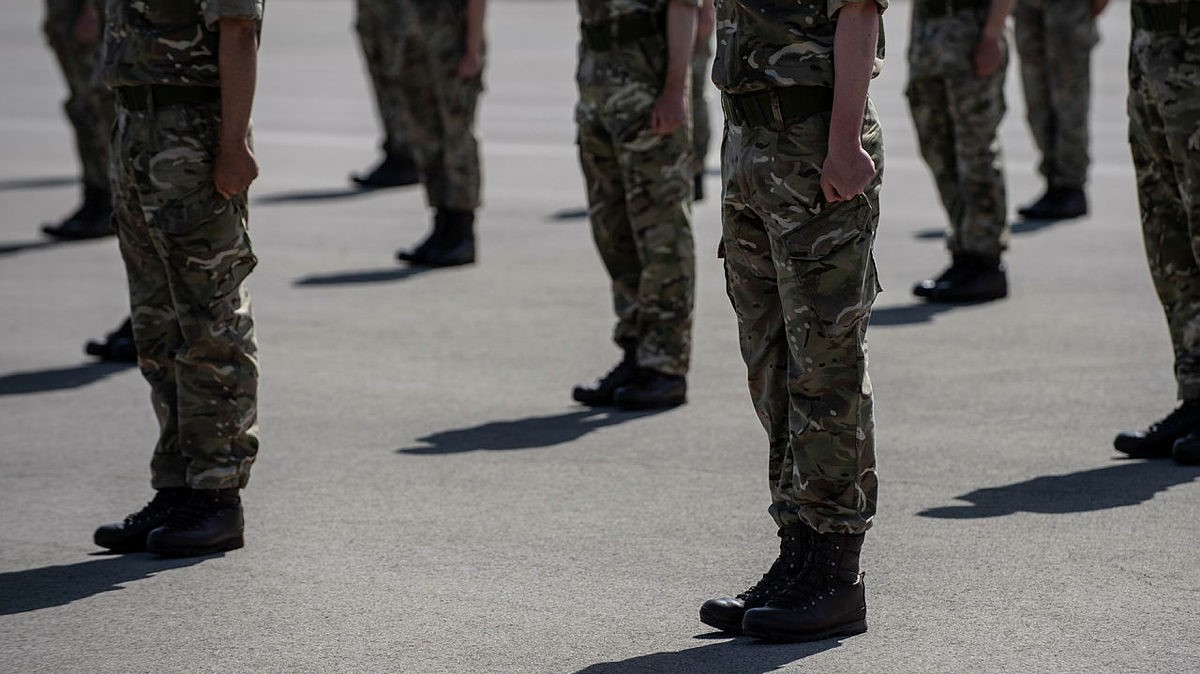
Up to 55,000 former soldiers could be recalled if war breaks out, MOD says

Up to 55,000 ex-regular Army personnel have "recall liability" and could be called up to serve in the event of a national emergency, a minister has revealed.
Former defence secretary Ben Wallace asked the Ministry of Defence via written questions about the number of veterans who could be called up to serve if war breaks out.
In reply, Defence People Minister Dr Andrew Murrison said that as at 1 January 2024 there were 22,676 Army regular reservists with recall liability under Section 22 of the Reserve Forces Act (RFA) 96.
Dr Murrison, a Royal Naval Reservist himself, went on to say: "In addition there are approximately 55,000 ex-regular personnel as of March 2024 subject to recall under Section 68 of the RFA 96."
He also noted that the 55,000 or so former personnel includes ex-regular officers who "retain a recall liability in perpetuity".
The Reserve Forces Act 1996 says veterans can be called up to serve if the King makes an order authorising the call-out or if it appears that "national danger is imminent or that a great emergency has arisen; or in the event of an actual or apprehended attack on the United Kingdom".
So how many former Armed Forces personnel can be mobilised in case of war?
The 2021 census in England and Wales was the first to ask people if they had previously served in the Armed Forces.
The census revealed that in England and Wales there were a total of 1.85 million veterans.
In their terms of service and during their attestation recruits are told: "If you fail to report at the time and place as specified in the notice calling you out for permanent service without leave of absence, sickness or other reasonable excuse you will render yourself liable to arrest and prosecution."
Current serving personnel are also told they "may lose your entitlement to discharge or be required to extend your service" while an order is in place.
Britain last called out its regular reserve during the initial stages of the Gulf War and during the Covid-19 pandemic where the specialist skills of those who had recently left were required.
Current policy is not to recall those over the age of 55. However, it can be higher for some people.
Once served with a call-out notice, veterans are also to be informed that on acceptance into service they become subject to Service Law once again.
RAF officers who served on a permanent commission and who have completed their service are designated as Retired List officers.
Their liability to recall continues to the age of 60 for officers up to the rank of OF5 and in the case of RAF air officers to the age of 65 for 1-star and 2- star ranks, and to the age 67 for 3-star and 4-star ranks.
Former Navy other ranks, Army other ranks and RAF personnel who are in receipt of a military pension are designated as service pensioners.
Such pensioners are subject to recall up to the age of 60 or for Home Defence Service, and there is no limit on the length of service that may be required after recall.
During the Second World War, those who could not be sent to the front because of their age or health conditions formed the Home Guard and were tasked with protecting Britain from German invasion.
Unlike the volunteer Army Reserve, regular reservists do not conduct military training after leaving the Armed Forces and do not have a uniform at home.
Instead, they are retained by name on the MOD's database. Those who have retired from the military and now living abroad are still liable for reserve service.
Earlier this year, the head of the British Army said Britain should train and equip a "citizen army" and prepare for a potential land war.
General Sir Patrick Sanders, the outgoing Chief of the General Staff, said increasing Army numbers ahead of a potential conflict would need to be a "whole-of-nation undertaking".

